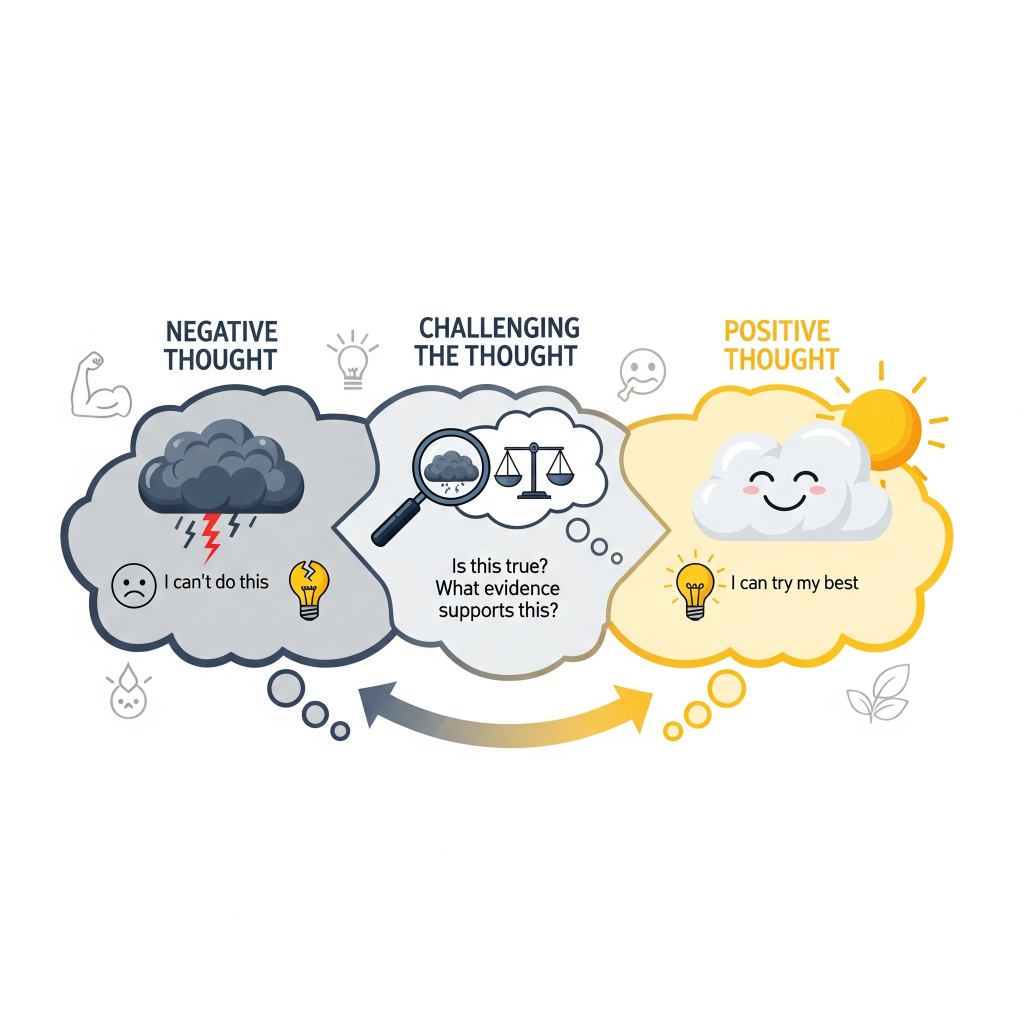You, Me, and the Anxiety Monster
So, you want to speak English without turning into a sweaty, wide-eyed word salad. Cute.
Here’s the deal: İngilizce konuşma kaygısı is a thing. A very annoying thing. It’s the voice in your head saying, “What if I mess up?” and “People will think I’m stupid.” Spoiler: they won’t. And if they do, they’re either wrong or French.

If you’re shy, perfectionist, or both (a delightful combo), this post is your emotional first-aid kit. We’re skipping boring textbook junk and diving into 7 ways to actually feel okay while speaking. No grammar lectures. No patronizing “just speak more” advice. Just real, emotionally-savvy fixes.
1. Mistakes Are Ugly Little Teachers. Embrace Them.
Here’s a brutal truth: every fluent speaker has said something deeply dumb. Native speakers included. (Just listen to any political debate.)

Your mission, should you choose to accept it:
- Write down every “mistake” you make.
- Next to it, write how you would say it next time.
- Congratulate yourself for learning something instead of melting into a puddle of shame.
Related: Read our paraphrasing guide to learn how to reword like a boss.
2. Start Small. Like, “Talk-to-Your-Pet” Small.
You’re not required to jump into an English TED Talk on day one.
Try this:
- Talk to your cat/dog/plant in English. (They won’t judge. Probably.)
- Record yourself complaining about your day in English. No filter.
- Graduate to actual humans when you’re bored of talking to your microwave.
Need structure? Try this shadowing method that teaches you to mimic native patterns until you sound less like a broken robot.
3. Your Nervous System Is Not Your Enemy. But It Is Dramatic.
If your heart races and your voice shakes, that’s not because you suck. It’s because your body thinks you’re about to get eaten by wolves.
Try these to trick it:
- 4–7–8 breathing: Inhale 4 sec, hold 7, exhale 8. Feel weird. Do it anyway.
- Visualize yourself speaking like the hot shot you’re clearly not (yet).
- Clench your fists, then release. Repeat until your hands stop shaking like you just drank five espressos.
Pair that with learning to control tone in our intonation & emphasis guide.
4. Find Your People. Avoid Jerks.
You need safe spaces. Not Instagram-comment-section-safe. I mean real humans who don’t laugh when you say “kitchen” like “chicken.”
Do this:
- Join an English-speaking Discord or WhatsApp group.
- Set up a weekly vent/rant session with another anxious learner.
- Start a private challenge: One cringe moment per week. Collect them like Pokémon.
Not sure what to say to people? Here’s a cheat sheet: 15 small talk questions that don’t suck.
5. Use CBT Techniques, Because Therapy Isn’t Just for Millennials
Your fear isn’t irrational—it’s just outdated software. Let’s update it.

CBT (Cognitive Behavioral Therapy) in action:
- Thought: “They’ll laugh at me.”
- Fact-check: “No one laughed last time. Except me, nervously.”
- Upgrade: “Even if I mess up, I survive. And maybe learn a cool new swear word.”
A study from Frontiers in Psychology backs this up, in case you need scientific validation before believing you’re worth helping.
6. Stop Trying to Speak Like a Harvard Professor
Fluency ≠ complexity. If you’re waiting until you can flawlessly say “peripheral institutionalized dissonance”, I regret to inform you—you’ll die silent.
Instead:
- Stick to short, punchy sentences.
- Repeat basic patterns. (Yes, you can be boring and fluent.)
- Let go of “perfect.” Aim for “clear-ish.”
Our simple sentence guide is here to save you from your overachieving self. Also, false friends are a thing—watch out before you say something wildly inappropriate.
7. Turn Speaking into a Ritual, Not a Rare Event
Confidence is not magic fairy dust. It’s the moldy sandwich you make yourself every day.
Your weekly routine:
- 5 mins of speaking out loud alone
- 1 conversation with someone who doesn’t hate you
- 1 journal entry about something awkward you said
- 1 grammar-check using this non-judgy tool
- 1 lie to yourself like: “I’m actually getting better.” (But it’s sort of true.)
The Pep Talk You Didn’t Ask For
Here’s the thing: you’re not broken. You’re just scared. Welcome to humanity.
No one becomes fluent by staying silent. You will mess up. You will sound weird. And you will get better.
So speak. Before you’re ready. Especially when you’re not.
Try one thing from this list and report back. Unless you’re too shy. In that case, whisper it to your plant.
FAQ
Why do I panic when I speak English?
Because your brain thinks social rejection = death. It’s wrong. But convincing.
Can I fix this?
Yes. Willpower + emotional hacks = progress.
How long till I stop feeling like a fraud?
Weeks. Months. Depends on how stubborn you are. (Most people are very stubborn.)
Any tools I can use to sound less tragic?
Yes. Grammar checker, paraphraser, and this post, which you’re ignoring anyway.
What if people think I sound dumb?
That’s their problem. And their monolingual curse.
